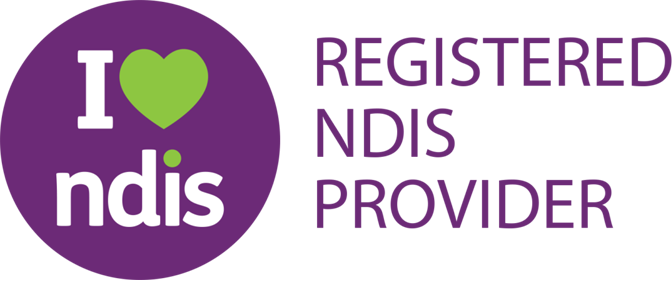A day in the life of a Support Coordinator
Let’s first understand the role of a Support Coordinator.
The role of a Support Coordinator revolves around assisting individuals in accessing and maximising the benefits of their NDIS plan. Their primary objective is to empower participants by equipping them with the necessary knowledge and tools to make informed decisions about utilising their funding effectively. Support coordinators strive to simplify the intricacies of funding breakdown, ensuring that participants have a clear understanding of how their resources can be best utilised.
Moreover, Support Coordinators excel at establishing connections and nurturing relationships with relevant service providers. This enables them to connect participants with the services and supports that align with their specific goals and desired outcomes. By cultivating local partnerships and resource sharing, Support Coordinators create a network that optimises support delivery and enhances participants’ overall experience.
What does a day in the life of a Support Coordinator look like?
A typical day in the life of a Support Coordinator starts with logging onto the laptop to check the mail, to check if any meetings have been scheduled, and attend phone calls.
It involves engaging with participants and their support networks to discuss their goals, needs, and desired services. This includes conducting meetings to understand their requirements and preferences. Additionally, as a support coordinator, a day-to-day activity looks like spending time gathering feedback from participants and service providers, addressing any queries or concerns, and exploring potential new service providers.
When a participant requires an occupational therapist, scheduling appointments and maintaining communication with the therapist are also done by the Support Coordinator. This involves following up to gather relevant feedback and ensuring that the participant’s needs are being adequately addressed.
Aside from in-person visits, a significant portion of the work involves connecting with participants over the phone. This allows them to provide ongoing support, assist them in navigating challenging situations, and collaborate on finding effective solutions.
In addition, a support coordinator allocates time for plan reviews, report writing, and staying updated on documentation. It is crucial to follow up with service providers to receive outcome reports and ensure that all necessary paperwork is up to date.
Overall, a support coordinator’s day entails a combination of face-to-face interactions, remote support through phone calls, and administrative tasks such as documentation and communication with various stakeholders and assisting the participants to navigate their NDIS plan.
Wondering how to choose the right support coordinator?
Early intervention in the National Disability Insurance Scheme (NDIS), is a cornerstone for empowering individuals with disabilities. Today, we shall.
How to Access the Support You Need Mental health is an essential aspect of overall well-being, yet it’s often misunderstood.
One of the supports that is funded by the NDIS is supported independent living (SIL). SIL allows participants to be.
The importance of understanding the reality of the National Disability Insurance Scheme (NDIS) is for both, the participants, and the.
Supported Independent Living (SIL) is personal support for those who require significant assistance throughout the day, seven days a week..
Physiotherapists help both prevent and treat injuries. They can treat several problems caused by an injury, disability, or disease. To.
Our team can come to you to discuss face to face your needs and discuss how we can best support you to achieve your goals. Contact us today to arrange an appointment.








